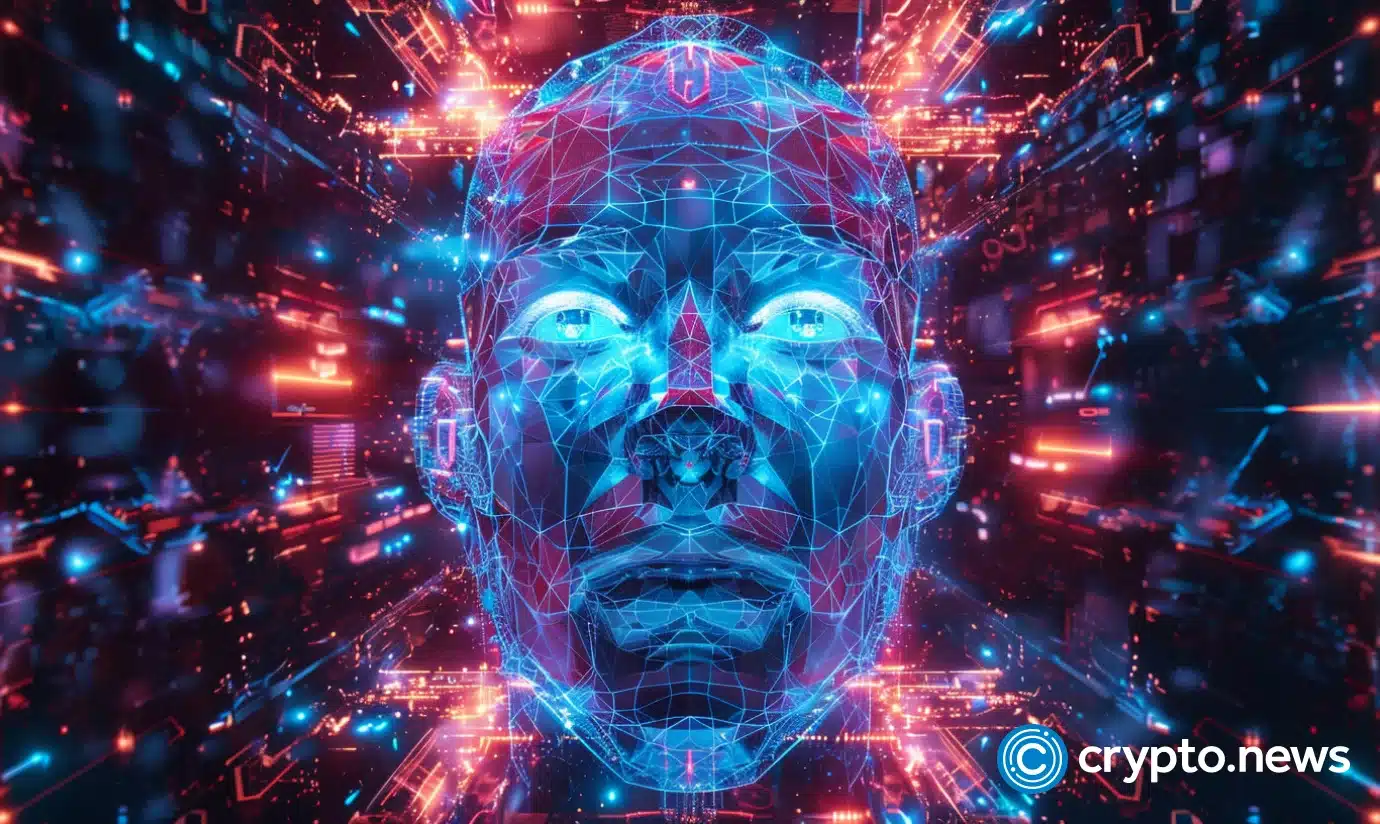In the global race to dominate the artificial intelligence (AI) revolution, governments worldwide strive to position themselves at the forefront. Old rivals France and the United Kingdom are vying for prime positions in Europe’s AI landscape. With significant investments and strategic plans, both countries are determined to lead the way in AI development and regulation.
In March, the United Kingdom made a notable move by pledging £1 billion ($1.3 billion) toward supercomputing and AI research. Prime Minister Rishi Sunak expressed his ambition to establish the UK as the “geographical home of global AI safety regulation.” In June, French President Emmanuel Macron earmarked €500 million ($561 million) for extensive investment in training and research. While the UK appears to have committed more funds, France, as an EU member, will benefit from the Horizon research and innovation fund. With a staggering €95.5 billion ($107 billion) available until 2027, the Horizon fund is expected to allocate a portion to AI research and development, benefiting all EU countries, including France.
Diverging regulatory approaches
Regulations are a crucial factor in the AI race. The EU has already passed the AI Act, showcasing its meticulous approach to AI, emphasizing safety. On the other hand, the UK, having left the EU in 2020, can establish its light-touch regulations. The British government has produced a white paper offering guidance to industries on handling AI independently. The contrasting regulatory approaches will shape the development and deployment of AI technologies in each country.
Both France and the UK possess a wealth of AI talent. Over the past decade, the UK has been cultivating London as a tech hub, attracting top talent and establishing itself as a thriving center for tech startups. London, now ranked as the second-best tech startup hub globally after Silicon Valley, provides the UK with a significant advantage in terms of tech expertise and entrepreneurial spirit. France, too, boasts its fair share of talented individuals in the AI sector, positioning itself as a formidable contender.
Blockchain’s role in the AI revolution
While the AI race captures attention, concerns about the technology’s impact on society and humanity persist. Blockchain technology emerges as a potential solution to address some of these concerns. Scalable blockchains can enhance data privacy, security, sharing, and collaboration, functioning as distributed global databases. Moreover, blockchain can introduce much-needed accountability into the AI ecosystem, promoting models where no single party possesses absolute control.
Beyond ensuring a safer and more transparent AI industry, blockchain technology can facilitate the creation of a new global data marketplace. One pressing concern in AI is the compensation of content creators whose work is used to train AI algorithms. Scalable public blockchains can enable companies to compensate creators through micropayments, providing verifiable evidence of permission to use the content.
The need for an infinitely scalable public blockchain
To realize these possibilities, an infinitely scalable public blockchain capable of handling millions, if not billions, of transactions per second would be indispensable. Currently, the BSV blockchain is the only blockchain equipped for such a task.
The race remains closely contested as France and the UK compete to lead Europe’s AI revolution. Both countries have committed substantial resources, possess a wealth of talent, and approach AI development and regulation from different angles. While the race’s outcome is uncertain, blockchain technology offers a promising avenue for addressing concerns and shaping the future of AI, particularly in data privacy, accountability, and compensation for content creators.





